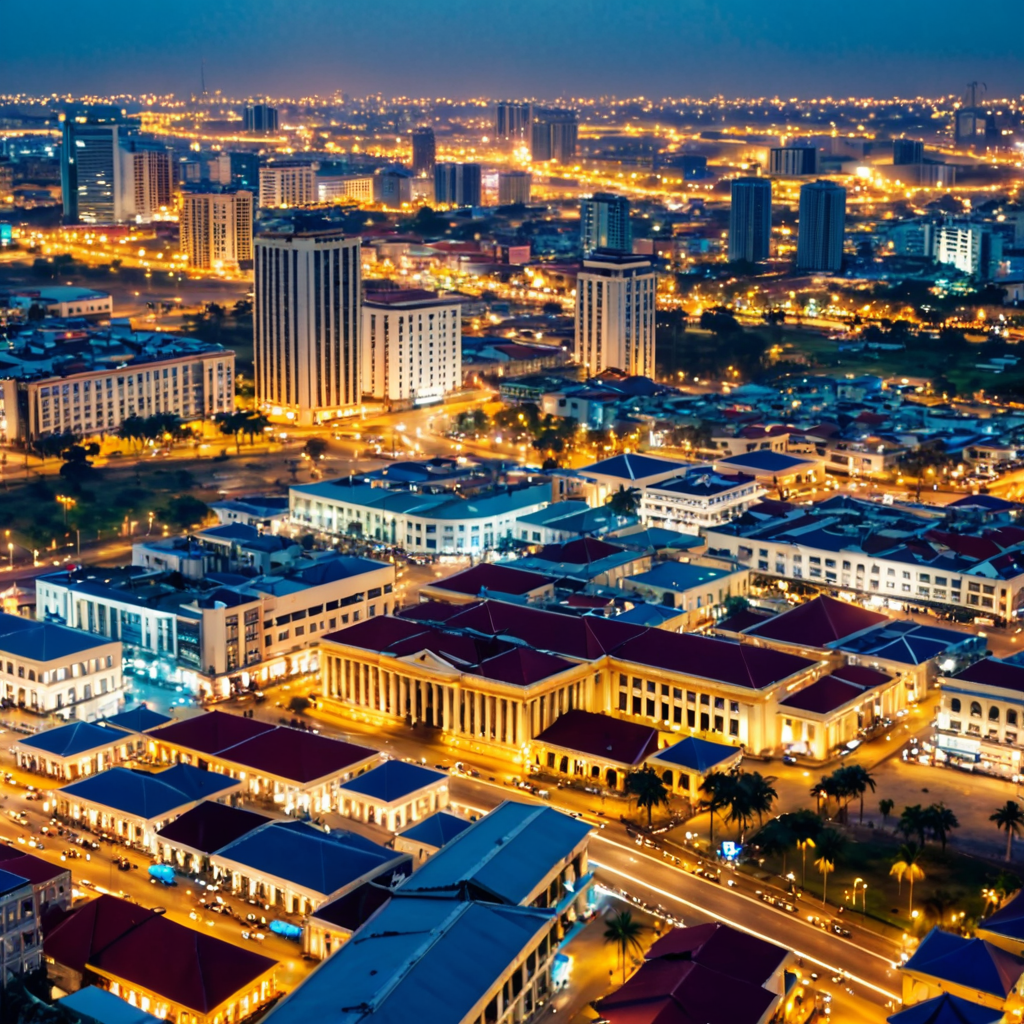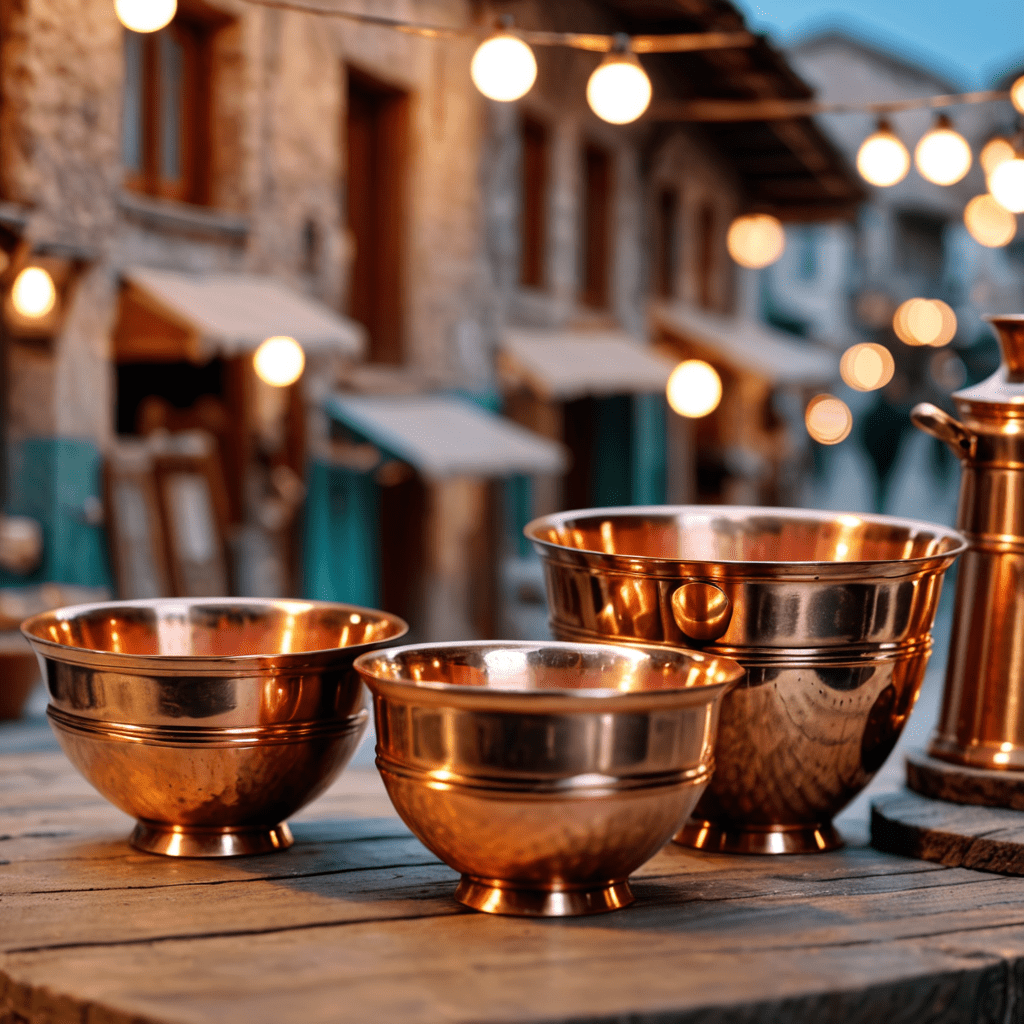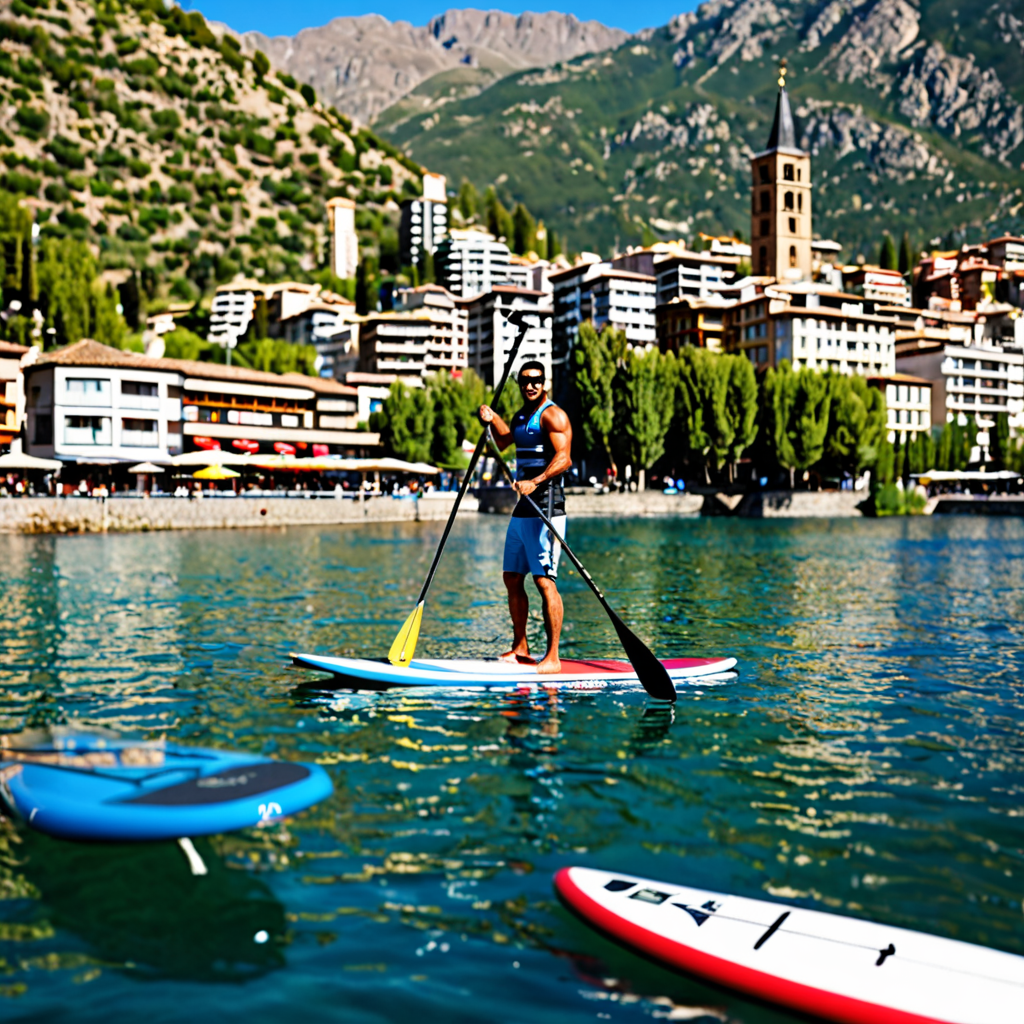Discovering the Vibrant Cultural Tapestry of Angola
Located in southwestern Africa, Angola is a country brimming with a diverse and fascinating cultural heritage that reflects its complex history and traditions.
1. The Influence of Indigenous Peoples
Indigenous tribes such as the Ovimbundu, Mbundu, and Bakongo have played a significant role in shaping Angola’s cultural landscape, with their unique languages, music, and artistry leaving a lasting impact.
2. Colonial Legacy and Cultural Fusion
Portuguese colonization from the 16th century onwards brought a blend of European influences to Angola, evident in the architectural landmarks, language, and culinary delights that merge with the country’s indigenous roots.
3. Traditional Music and Dance
Music and dance form an integral part of Angolan culture, with genres like Semba, Kizomba, and Kuduro showcasing the rhythmic beats and vibrant movements that captivate both locals and visitors alike.
4. Culinary Delights of Angola
Angolan cuisine offers a delectable fusion of flavors, with dishes like funje (cassava porridge), muamba de galinha (chicken stew), and cocada amarela (coconut pudding) tantalizing taste buds and providing a glimpse into the country’s rich gastronomic tradition.
5. Festivals and Celebrations
From Carnival in Luanda to the Kwanza River Festival, Angola hosts a variety of vibrant celebrations that showcase its cultural diversity, with colorful parades, traditional costumes, and joyful music creating an atmosphere of unity and festivity.
6. Arts and Crafts of Angola
Artisans in Angola craft intricate sculptures, pottery, and textiles that reflect both traditional motifs and contemporary influences, providing a window into the country’s artistic creativity and craftsmanship.
7. Preserving Angola’s Cultural Heritage
Efforts are underway to preserve and promote Angola’s rich cultural heritage, with initiatives such as the National Museum of Anthropology and the Kalandula Falls Conservation Project playing a crucial role in safeguarding the country’s traditions for future generations.
FAQ: Exploring Angola’s Rich Cultural Heritage
What makes Angola’s cultural heritage unique?
Angola’s rich cultural heritage is a blend of various influences, including indigenous traditions, Portuguese colonial history, and vibrant contemporary arts. This unique mix creates a diverse and fascinating cultural tapestry.
What are some must-visit cultural sites in Angola?
Some must-visit cultural sites in Angola include the M’banza-Kongo, a UNESCO World Heritage Site, the National Museum of Slavery in Luanda, and the colorful street markets where you can experience the local arts and crafts.
How can I immerse myself in Angola’s cultural experiences?
To fully immerse yourself in Angola’s cultural experiences, consider visiting traditional villages, attending local festivals, trying traditional Angolan cuisine, and interacting with locals to learn more about their customs and traditions.



